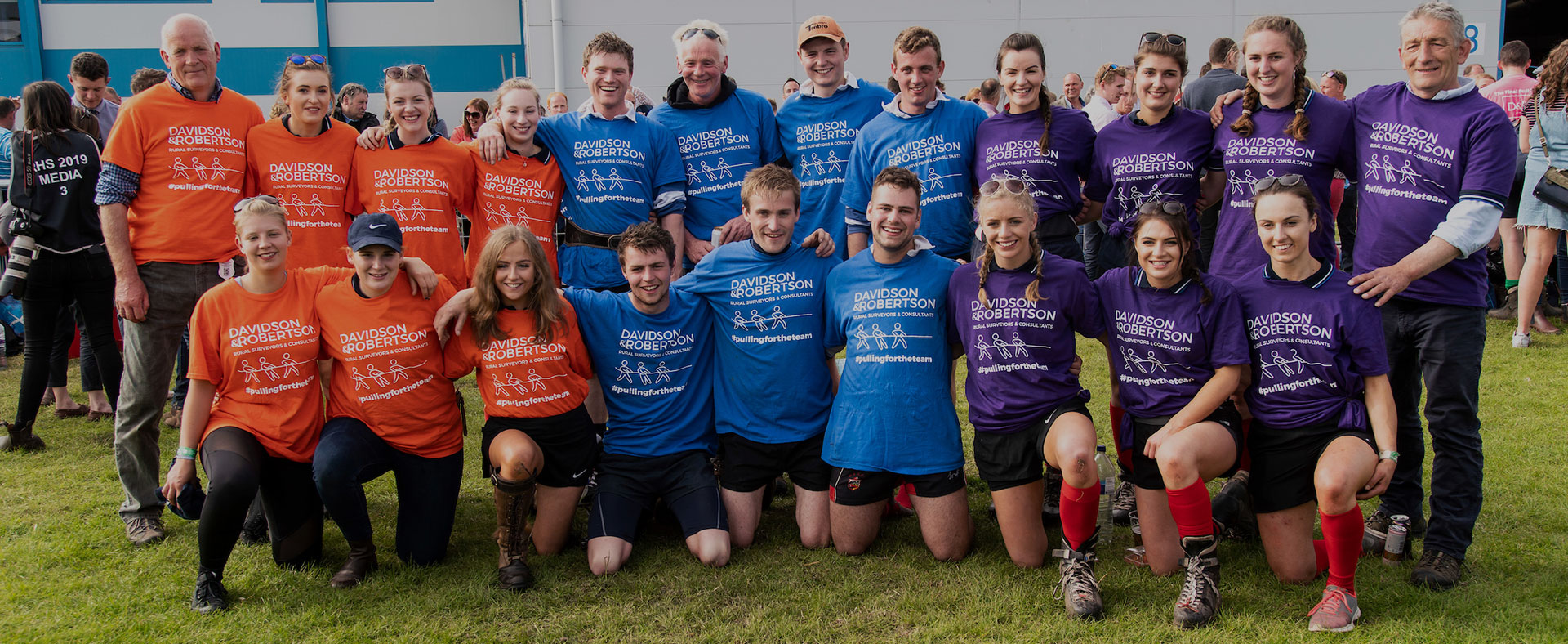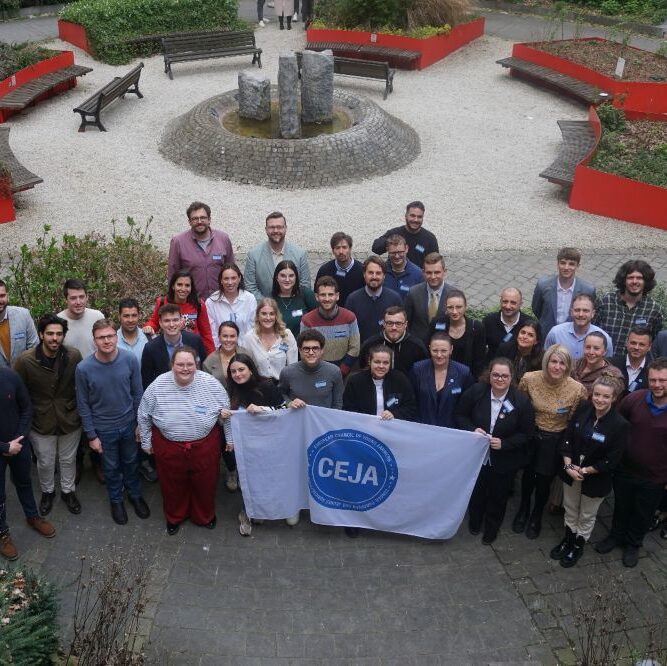
04 Apr Blog: Europe’s Young Farmers ‘Ready to Fight’ for a Thriving Agriculture Industry
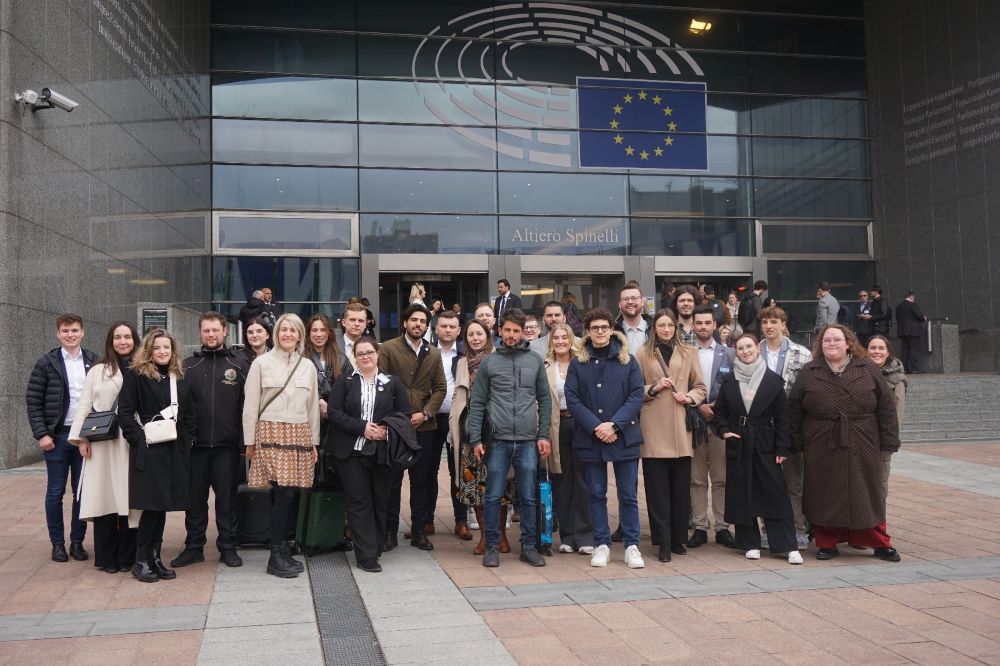
I recently had the opportunity to travel to Brussels and attend the EU Young Farmer Leadership Programme. Hosted by the European Council of Young Farmers (CEJA), the theme over the three days was ‘Future-proof strategies for generational renewal’, aiming to train future leaders of the agricultural sector.

Due to the diversity of people in the room, we took part in a useful icebreaker activity to get to know everyone a bit better. From dairy farmers in Austria, to milking sheep farmers in Slovakia, to avocado growers in Spain; it was clear early on that this was going to be a fantastic few days filled with differing perspectives.
The main session of day one was a training session from Hans Van de Water from training organisation, The Floor is Yours. The aim was to upskill delegates on how to
deliver an engaging presentation on a topic of interest. We were asked to write a two-minute pitch on the future of agriculture in your home country, before delivering to the audience. I based my pitch on the future support framework in Scotland and how this will be delivered. Due to all other delegates being members of the EU, it was interesting to hear different perspectives on the direction of policy.
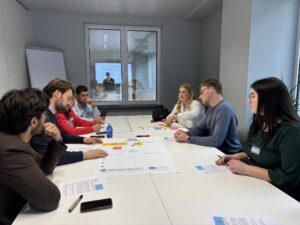
I recognised many parts of this process through my role as Policy Manager at NFUS. But, I also felt that as a member of Scottish Association of Young Farmers Clubs (SAYFC), we punch above our weight in terms of political engagement and voicing the opinions of young farmers to policy makers, as an organisation. For example, a key message from this session was the importance of evidence and case studies when lobbying to ensure you have real impact; a strength of both NFUS and SAYFC.
Communication strategy was next on the agenda, where we heard that our voice counts and learned how to make it heard. This was delivered by the Communication Team at the European Union Common Agricultural Policy Network (EU CAP). Identifying exactly what and who you want to communicate to is the obvious first step. But then you have to consider how you are going to communicate the message, and through which media outlets. In young farmer organisations, easily accessible and short communication is crucial. Communicating through videos and audio is the more effective route in general, and can enable these organisations to dissect complicated information into something engaging and tangible for members. Again, SAYFC excel at communication, especially through our social media channels from club level right up to national.
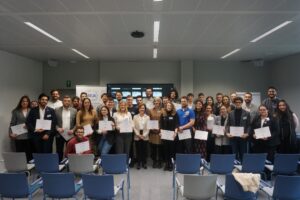
term and short-term outcomes of that case. It was an interactive session where you were able to listen to different perspectives on how you might deal with the specific problems from setting goals, to time management and problem solving. All delegates then came back together, to present their findings.
On the final day, we started by exchanging successful practices for financing young farmer organisations through public and private instruments. I was interested to hear there are many funding streams and grants available within the European Union to European young farmer associations, to help fund their running costs.
Just before the closing ceremony, Secretary General Picot shared CEJA’s advocacy strategy for generational renewal in agriculture. Firstly, there were some questions put to the delegates including: “how equipped do you feel as young farmers to influence your policy environment?”. There was a mix of answers, but a common theme was that some feel like they are used as “token young farmers” for politicians and policymakers to speak to for good optics. The key takeaway from that was to ensure you hold these politicians to account for what they are actually implementing as support for the next generation. Everyone in the room felt they were “ready to fight” for a thriving agricultural sector.
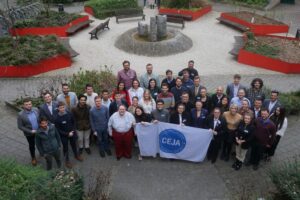
The closing speech of the leadership programme was from Catherine Geslain-Lanéelle, where she reminded us to dream big, and even though it takes time, never give up on the future of agriculture. She urged us not be shy, make policymakers listen to us and channel the passion we have for agriculture into making a difference. The importance of food security was mentioned several times, specifically that “food
and food security isn’t granted forever, it can be quickly limited.” This was further underlined in the session we attended in the European Parliament, focused on ‘Reinforcing European food sovereignty, what are the priorities?’.
Overall, I had a fantastic three days in Brussels, and was honoured to be awarded with my diploma after completing the programme. My highlight would have to be meeting likeminded young farmers from all over Europe, sharing experiences and stories about our home country traditions. I came away feeling inspired that we are all working towards achieving the same goal; a successful future in agriculture.

